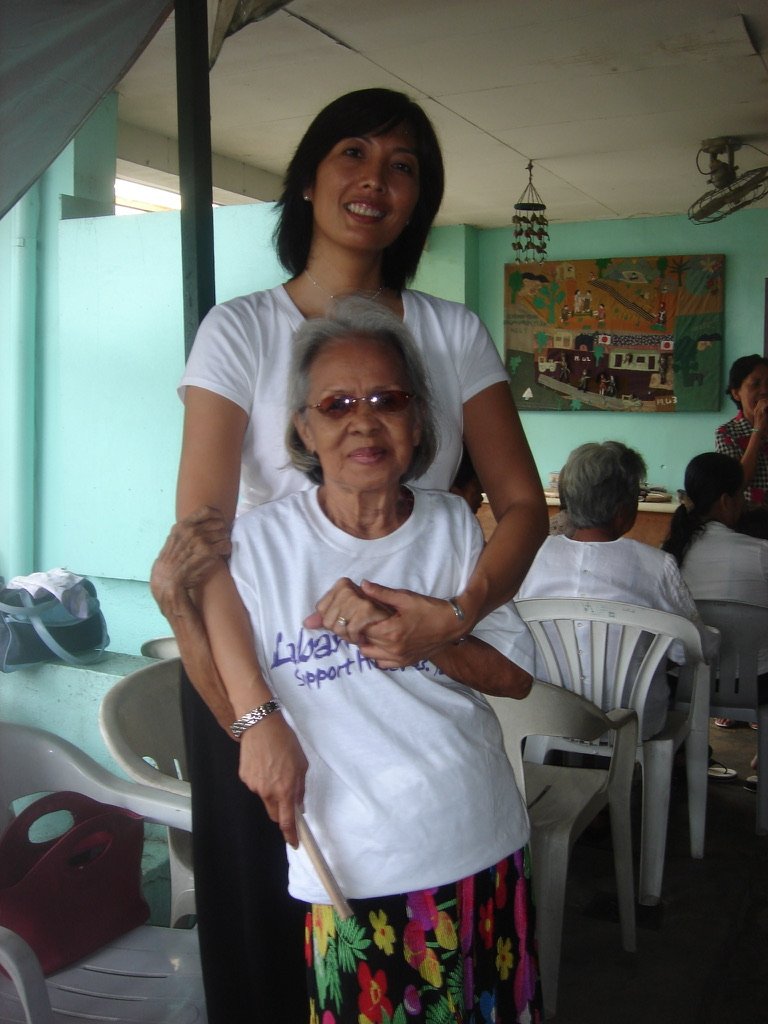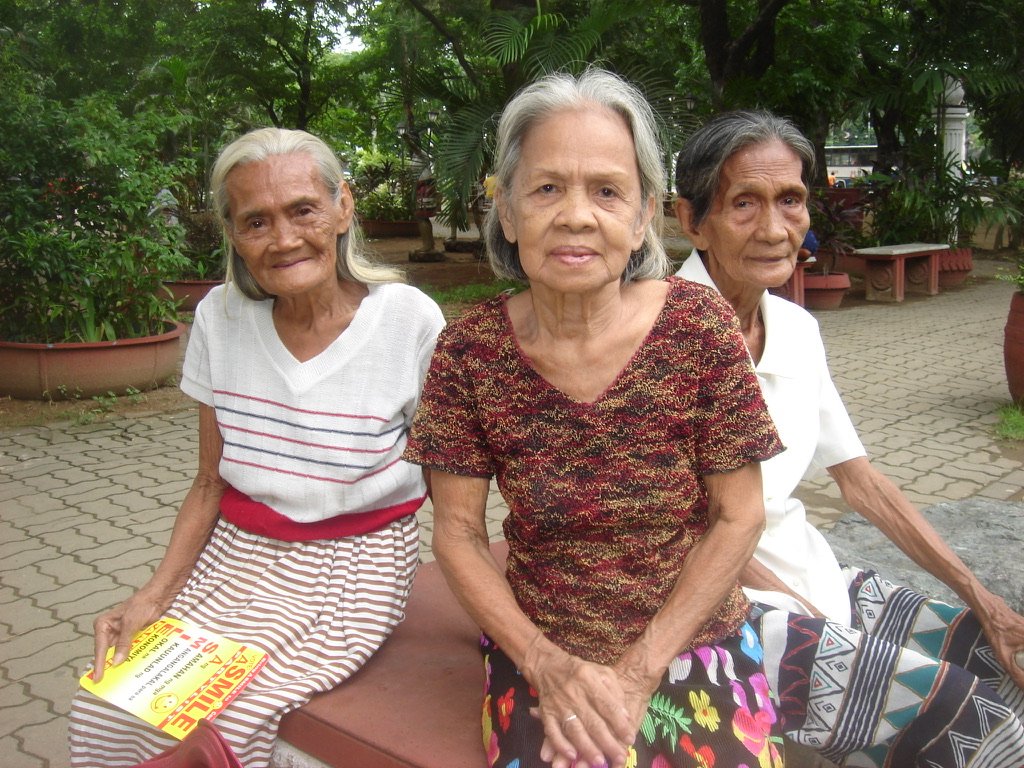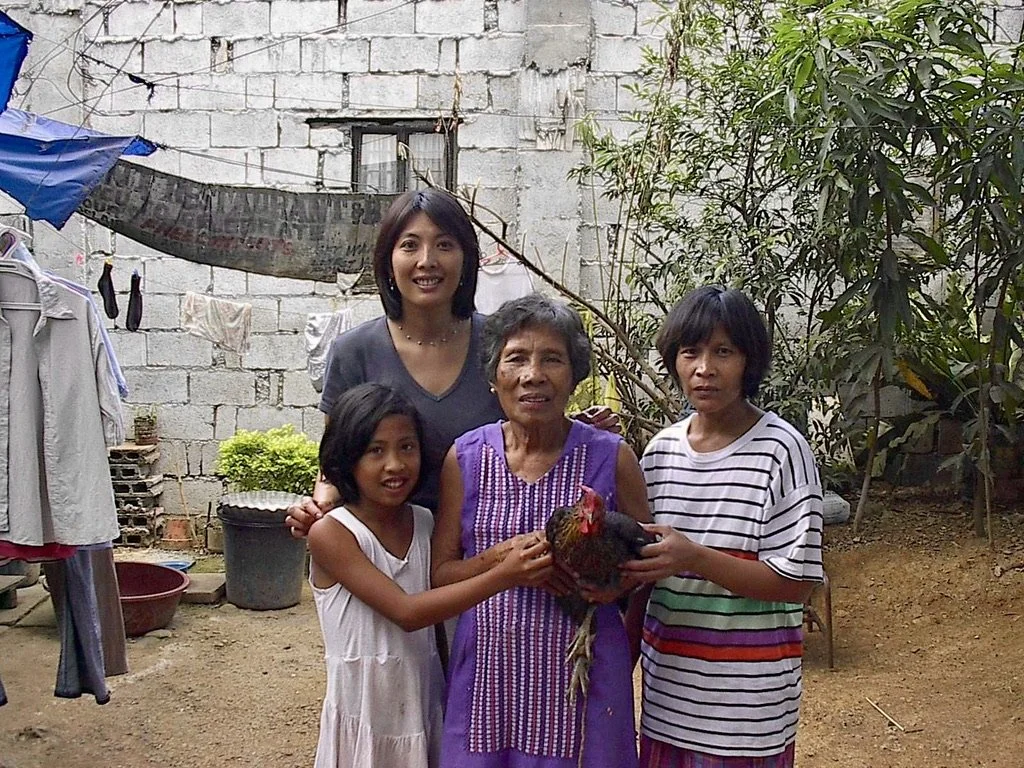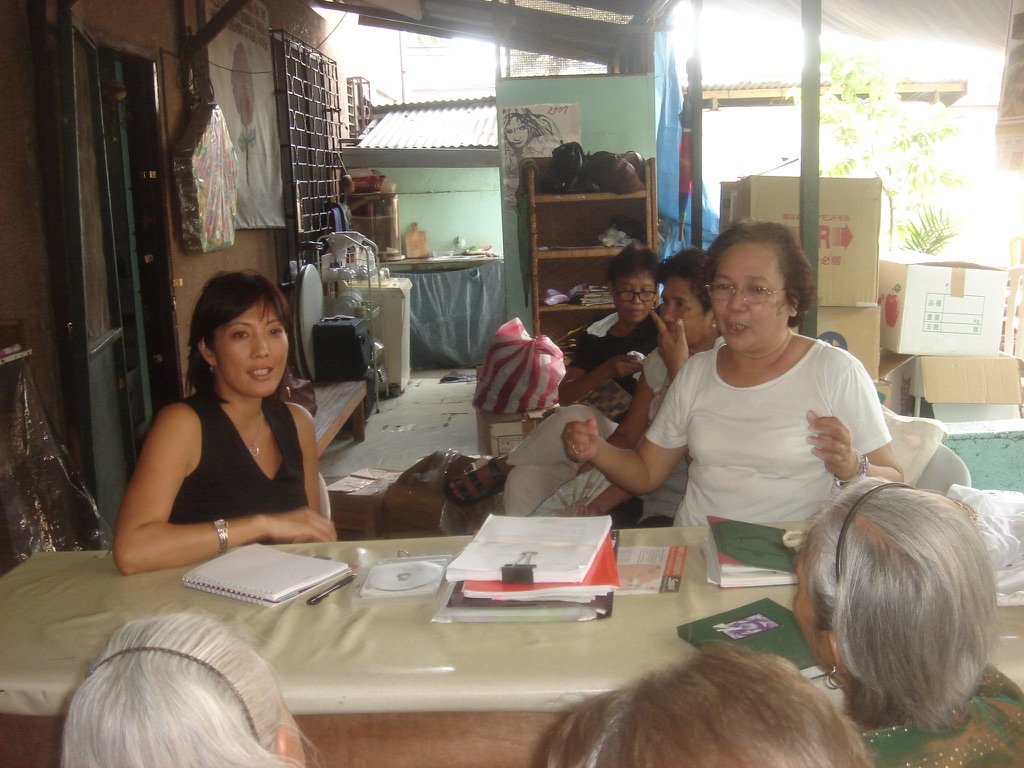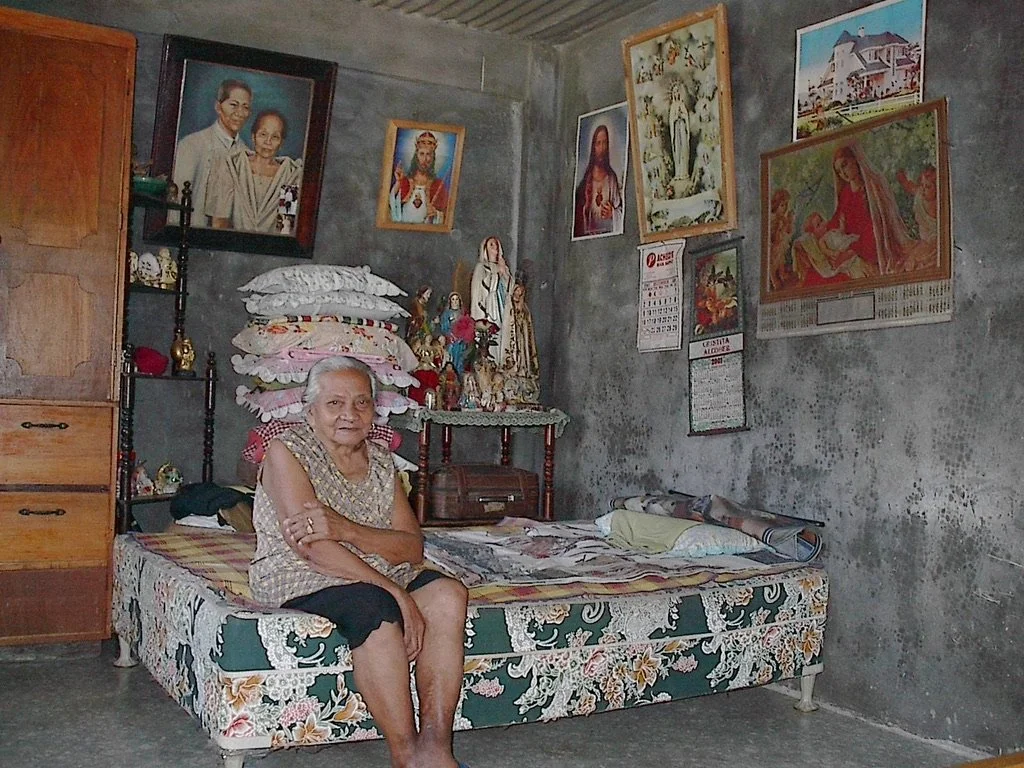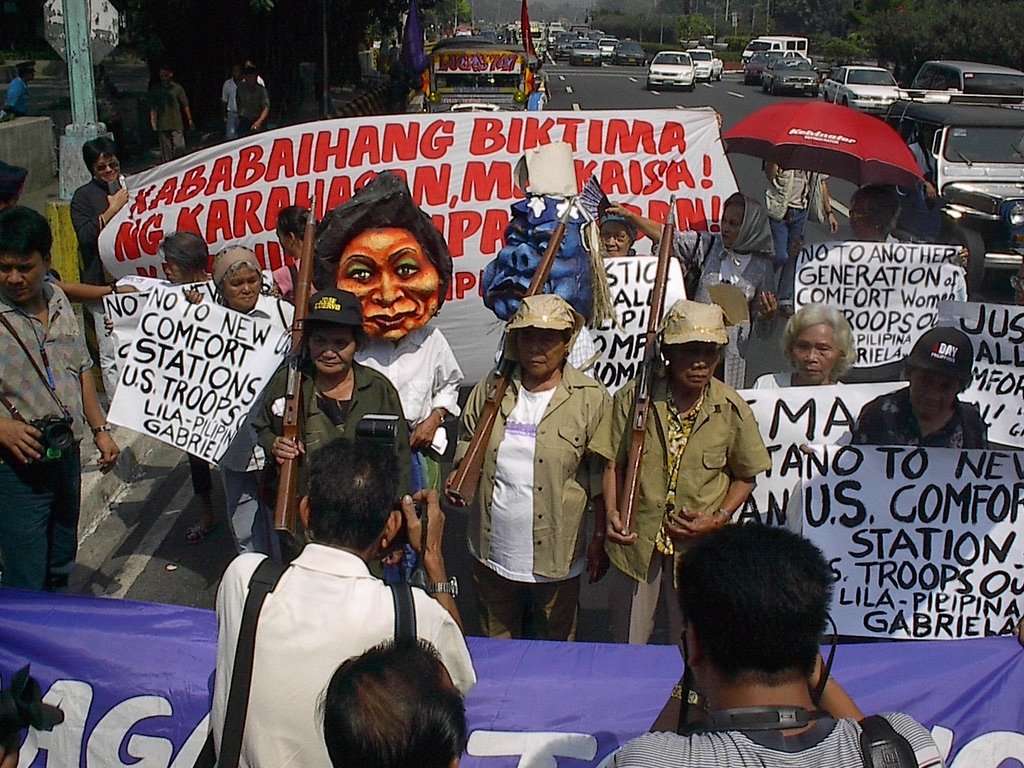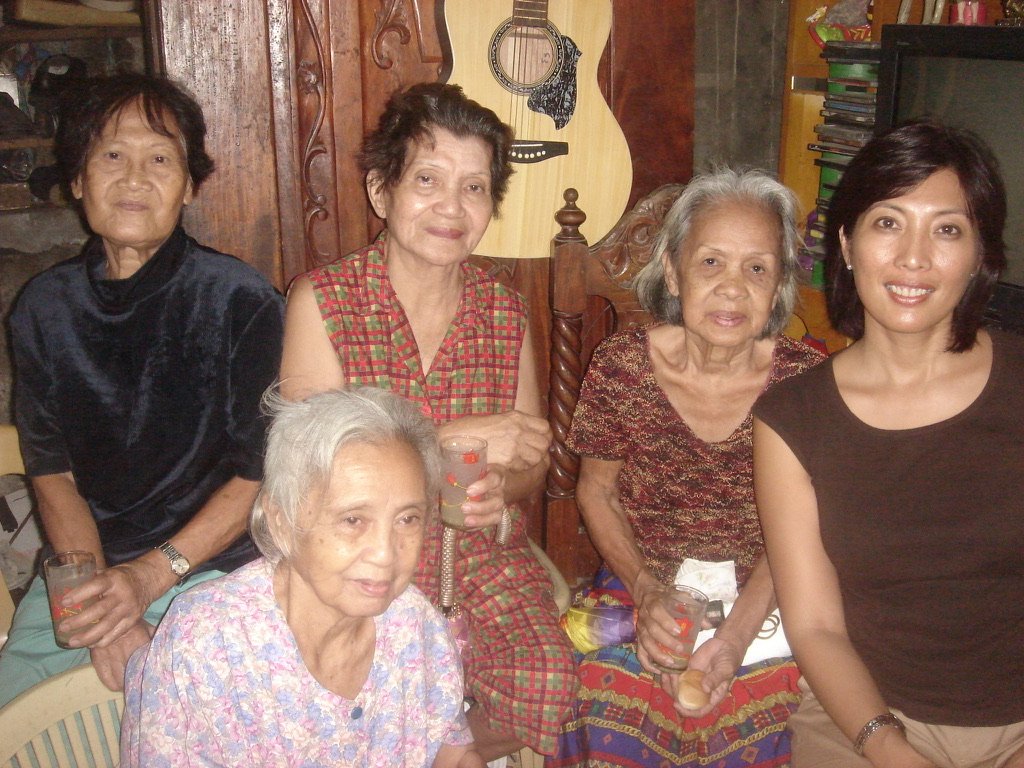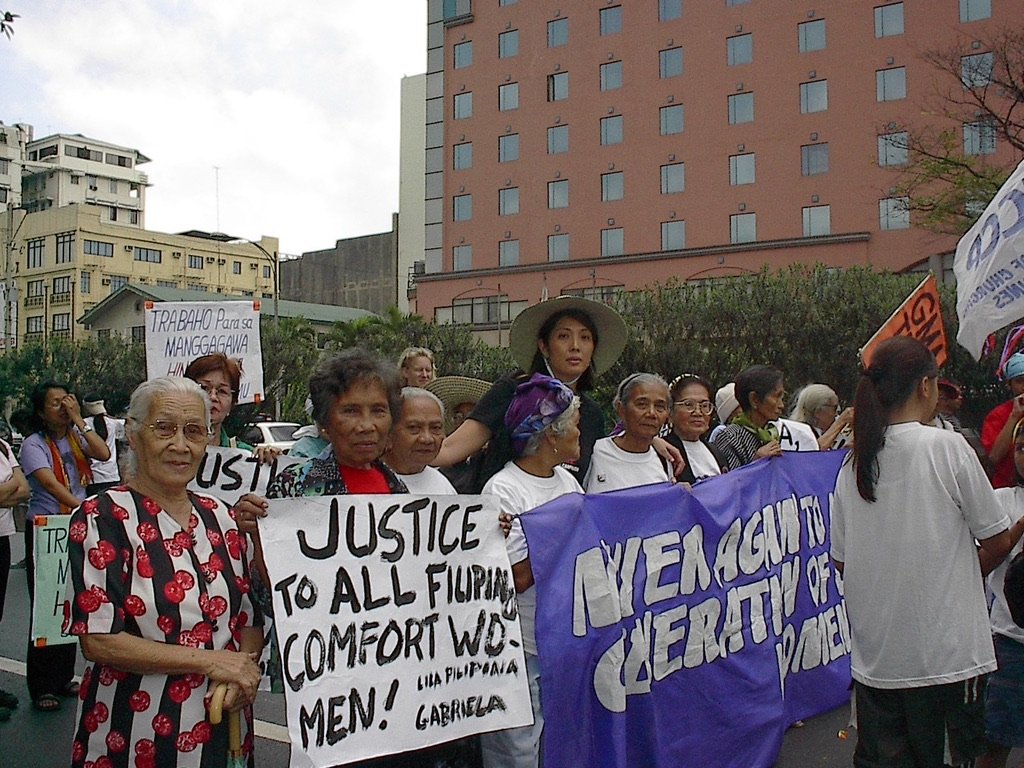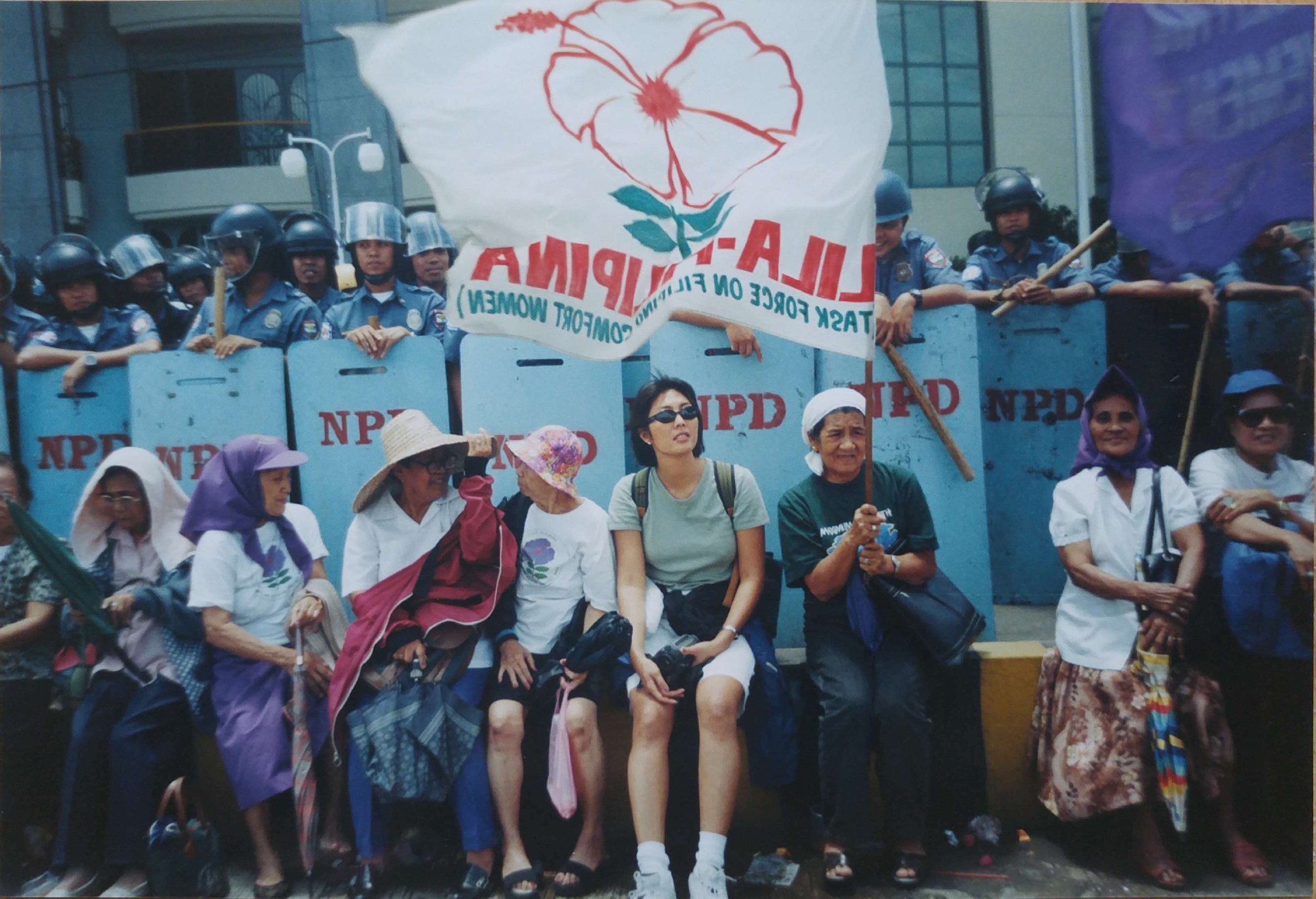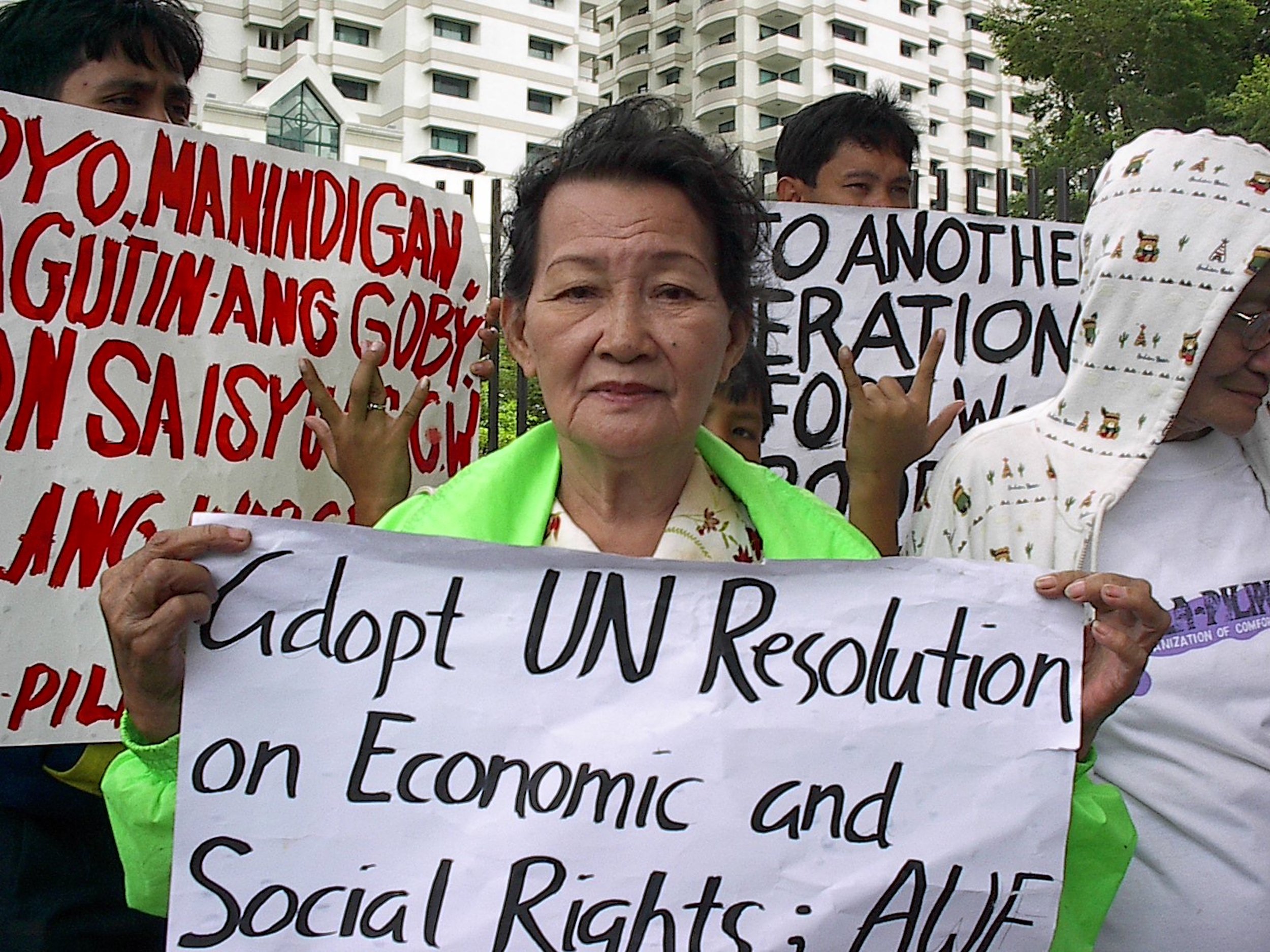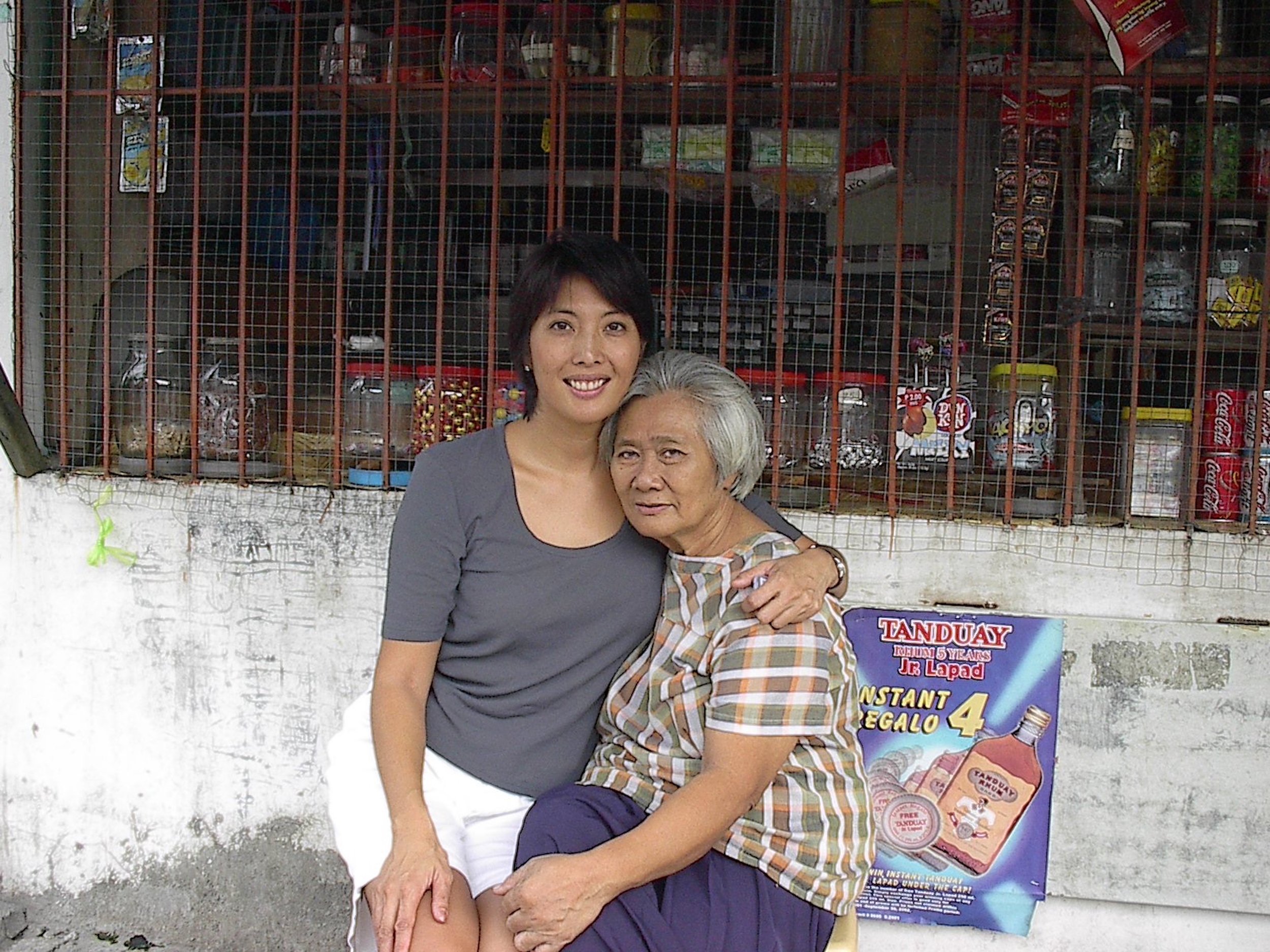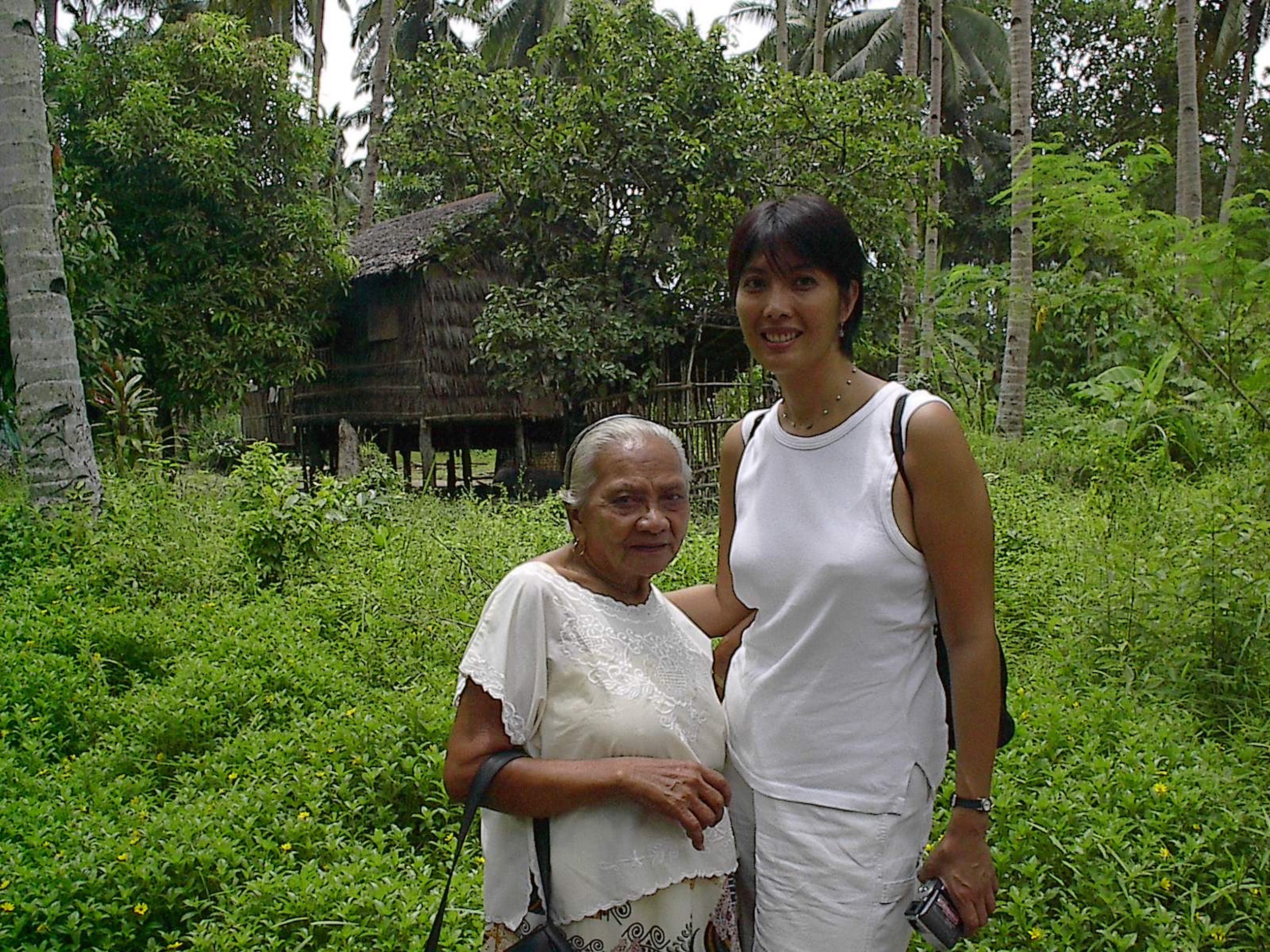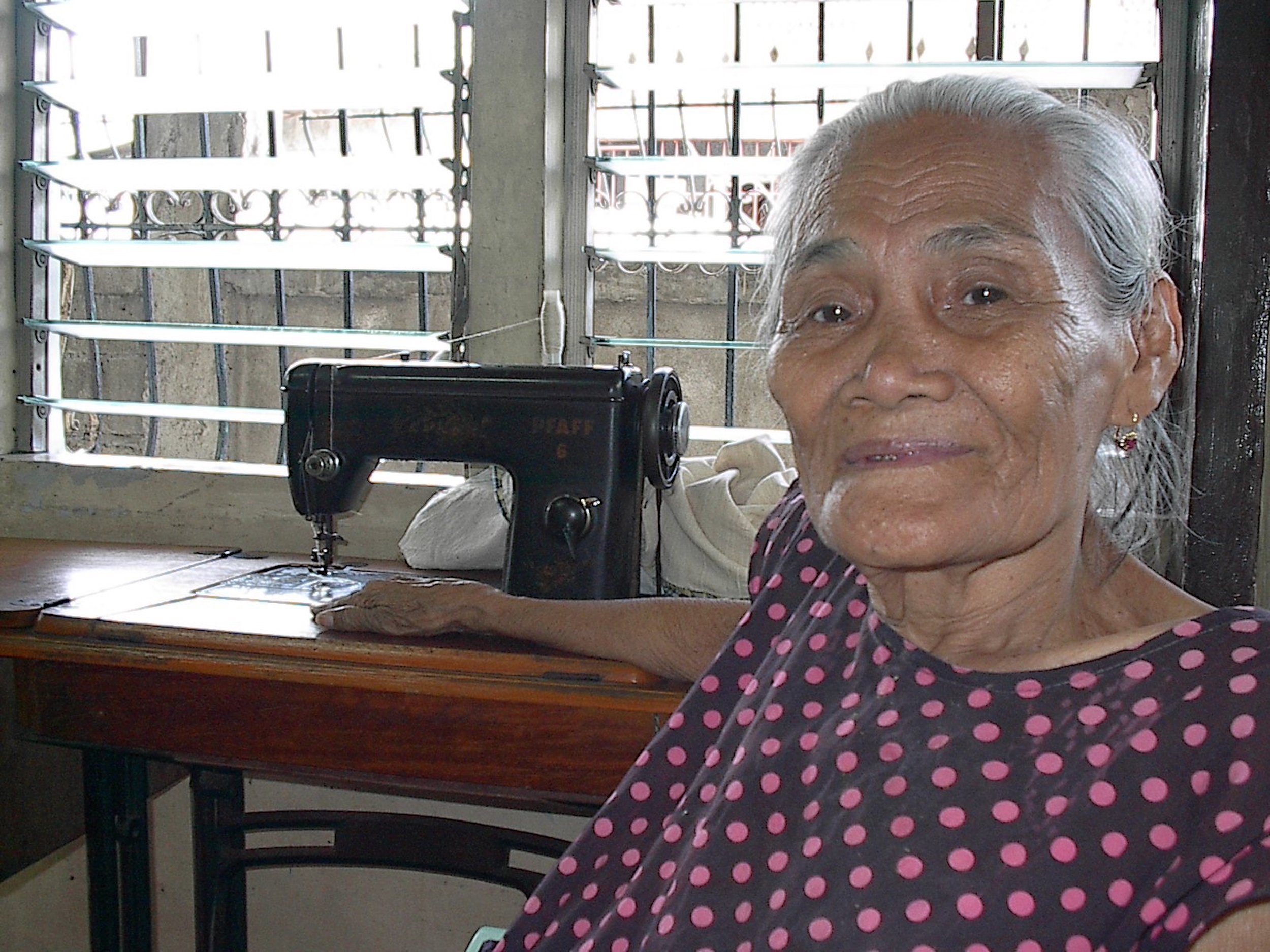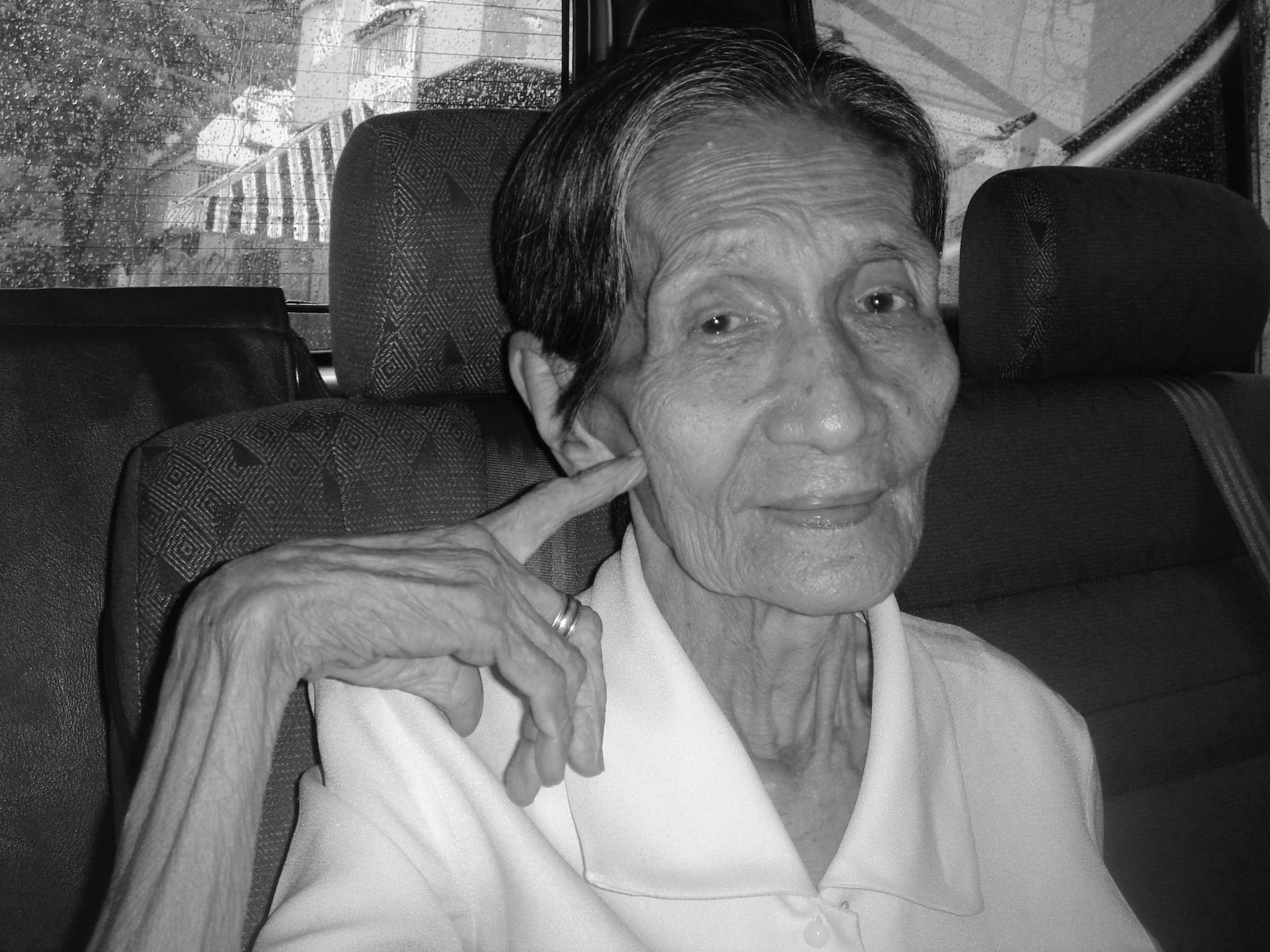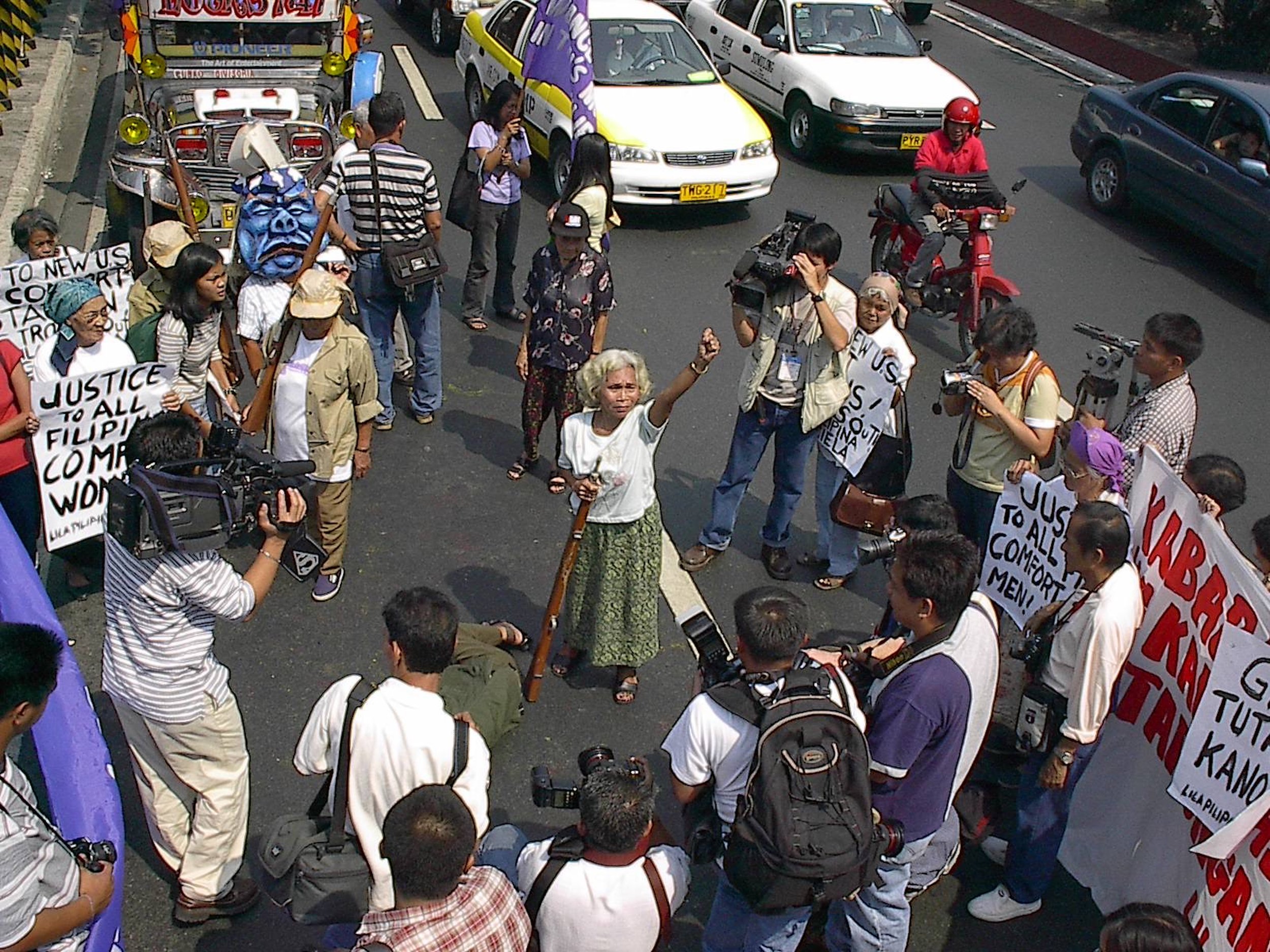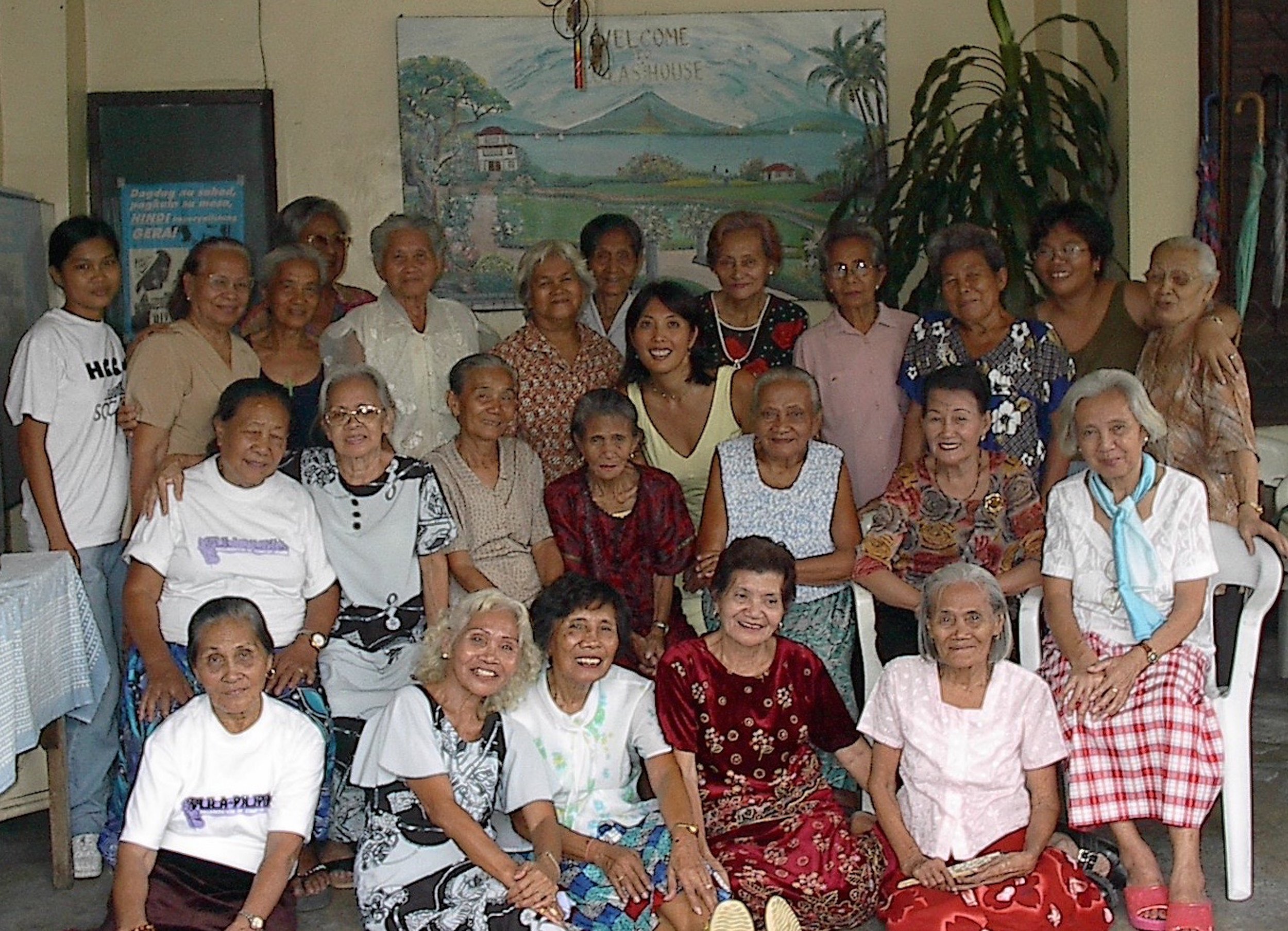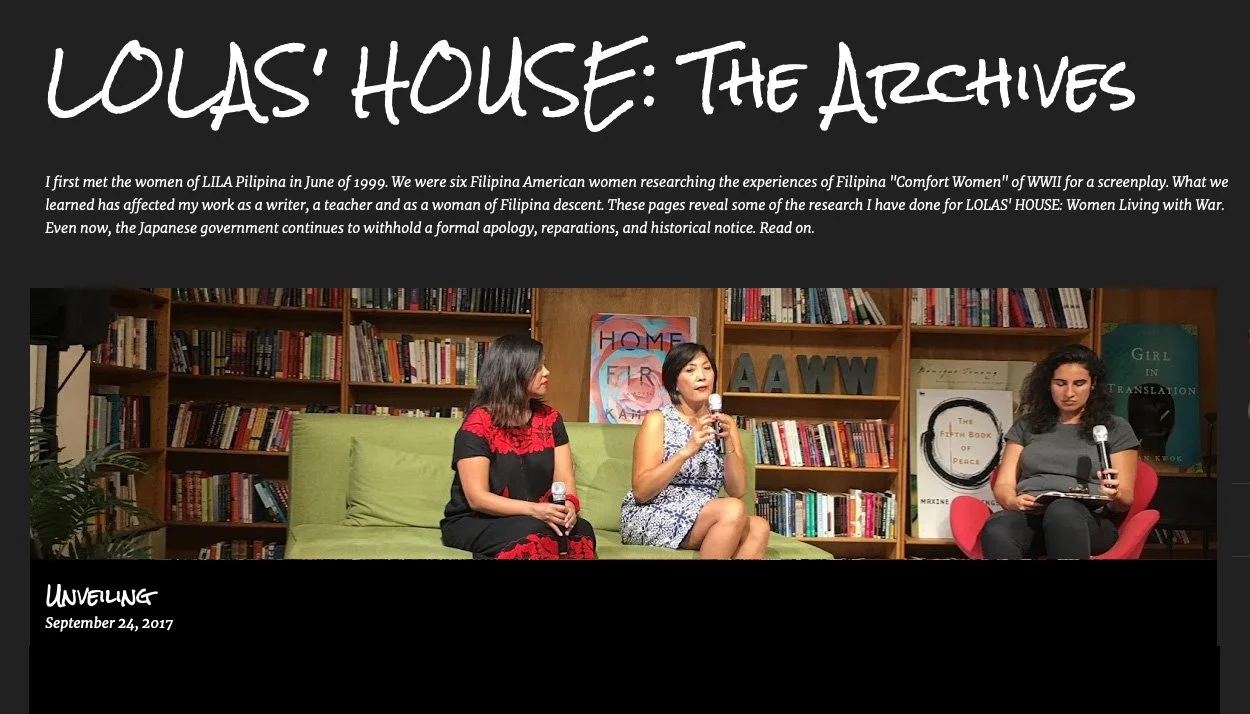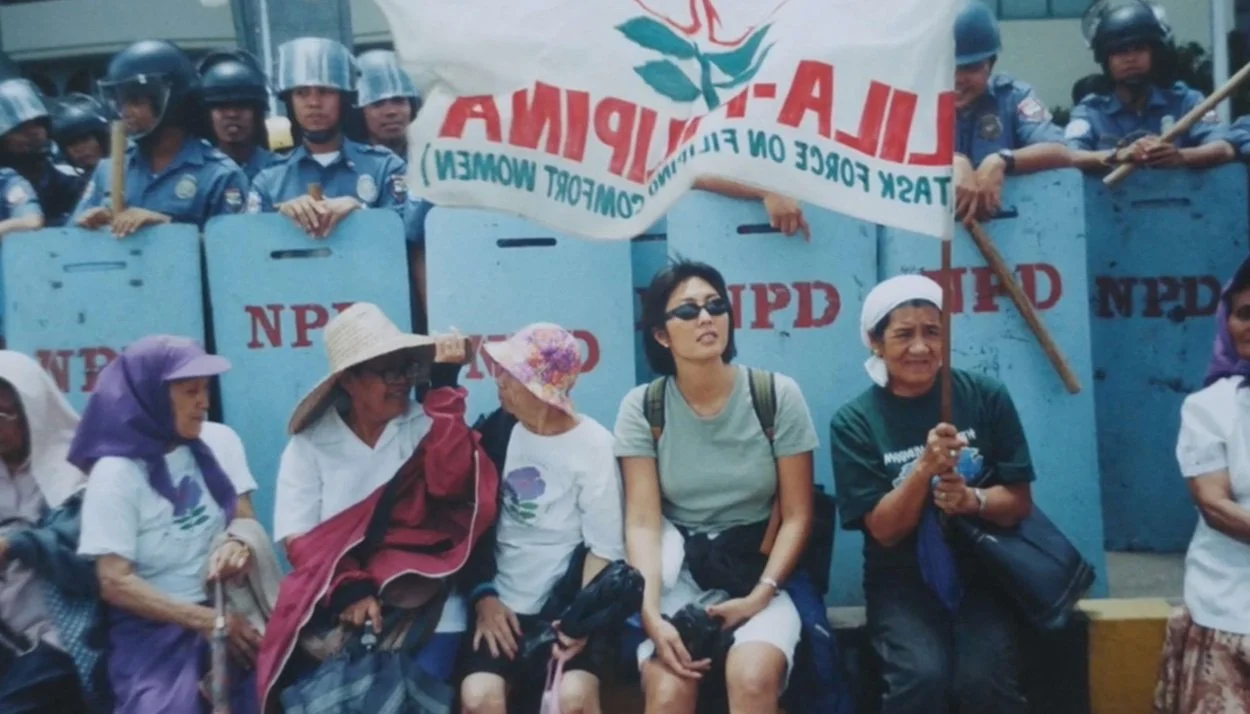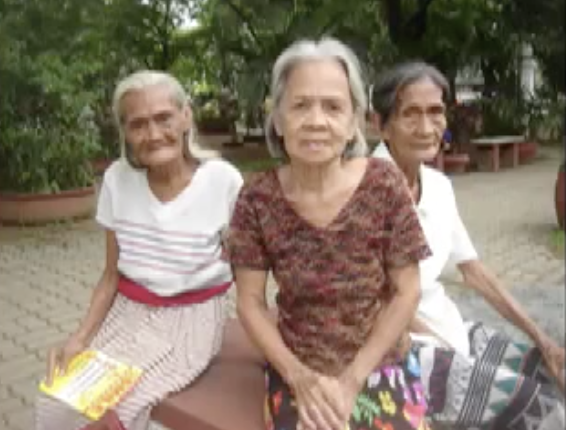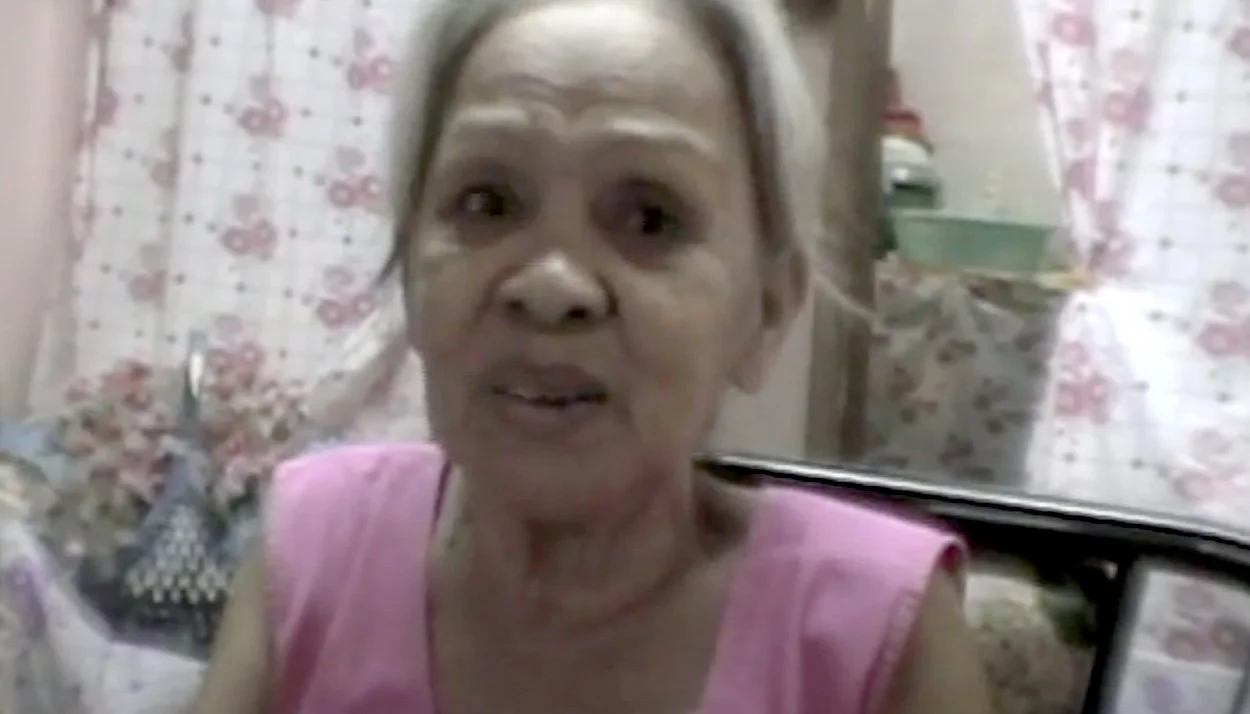lolas’ house research
Researching LOLAS’ house: filipino women living with war
I first met the women of Liga ng mga Lolang Pilipina while I was researching a screenplay called Dalaga, the Tagalog word for that in-between moment when a girl is no longer a girl and yet not quite a woman. The movie was going to explore the relationship between a Filipina American dalaga and her lola—a grandmother who also happened to be a surviving “comfort woman.” I wanted to know what the lola could teach the dalaga about being a woman. So during summer 1998, I traveled with five Filipina American dalagas to meet the women of LILA Pilipina.
We met the survivors at Lolas’ House, the offices of LILA Pilipina, a bungalow set in the middle of Metro Manila’s Quezon City. Here, organizers held general assemblies year-round. In addition to their campaign for justice, the lolas planned upcoming activities and other strategic events, and, most importantly, bonded with one another and their supporters. Organizers from LILA Pilipina also would travel to the women’s communities, Antipolo, Navotas, and Manila (the “Mix-Mix” group), to meet with smaller gatherings of women.
For eight weeks, my charges and I met every day with the lolas, acting, drawing, writing letters, and protesting in front of the Japanese and American embassies, raising our fists at the gates of Malacañang Palace. During these activities the lolas of LILA Pilipina came to know the dalagas—twenty-somethings Tara Agtarap, Ana Fe Muñoz, and Neleh Barcarse, and teenagers Lizzie Juaniza and Eliza Habón. As our friendships grew, the stories poured out like water from a dam. Horrific testimonies of habitual rape and torture.
At the end of those eight weeks, the women at Lolas’ House surrounded me. Most of them came to the middle of my chest. They stood on their toes to sniff my face. They refused to say goodbye. Instead, they asked, “When are you coming back?” “When are you going to write our stories?” They didn’t want a screenplay—not a movie, not even a book of fiction. They wanted to document their stories and they asked me to do it.
I returned on a Senior Research Fulbright Fellowship in 2001 and began my research around Lolas’ House in earnest. It would take 18 years of traveling from Miami to Manila, investigating, interviewing, and checking and double-checking the women’s testimonies before the book’s publication in September of 2017.
Here is a small sampling of my research. Here find the faces of women, many of whom are now ancestors. Their fight for justice is not over. There has been no formal apology from the Japanese government, no reparations, and no inclusion into historical textbooks.
The fight for justice continues.
Laban mga lolang Pilipina! Laban! Laban! Laban!
Read more about Lolas’ House
lolas’ house media
Lolas’ House: The Archives
My original blog for the Lolas’
Lolas’ Message to U.S. Congress
July 28, 2007
Lolas’ house readings and podcasts
Cornell University
Zalaznick Reading Series II, Keynote Address, October 15, 2020
WYBCX, Yale University
M. Evelina Galang and Lolas’ House, June 13, 2019
The Drunken Odyssey Podcast
Episode 3``: M. Evelina Galang, April 21, 2018
History Author Show
M. Evelina Galang and VONA, February 12, 2020with Dean Karayanis, M. Evelina Galang—Lolas’ House: Filipino Women Living with War, March 12, 2018
Hawai’I Public Radio
Lolas’ House: Comfort Women #metoo, November 23, 2017
Riksha Magazine
Reading from Lolas’ House December 30, 2017
Asian American Writers’ Workshop
Lolas’ House Reading, September 28, 2017
Asia Policy Point
Researching and Documenting the “Comfort Women” History. March 16, 2016
Dead End Jobs with Elaine Viets,
Lolas’ House: Comfort Women #metoo, November 23, 2017

